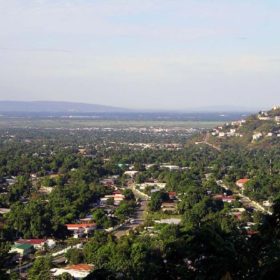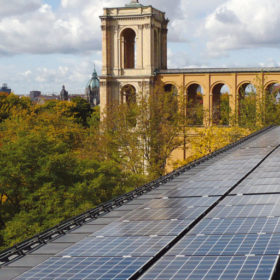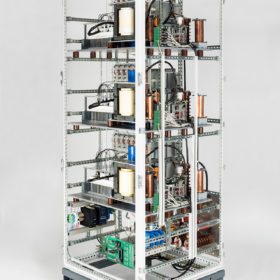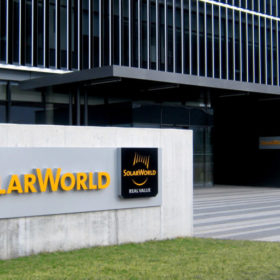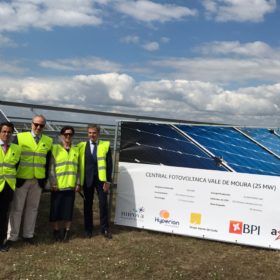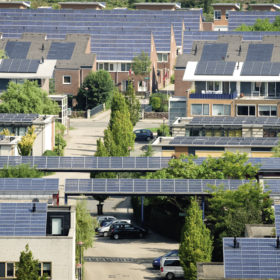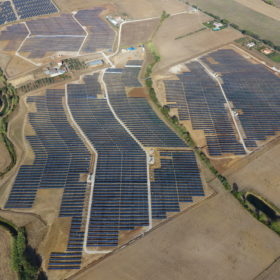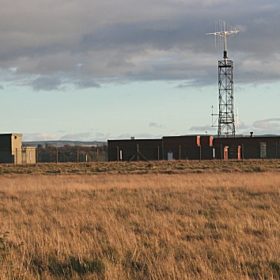Neoen begins work on 51 MW PV project in Jamaica
A loan of $64 million was awarded by French development bank Proparco and Dutch peer FMO. The facility will deliver electricity to the Jamaica Public Service Company Limited at a price of $85/MWh over 20 years.
Solar grew by 225 MW in Germany in April
Demand for rooftop solar continues to be high as only around 26.5 MW of additional capacity in April came from ground-mounted PV. FITs for installations up to 750 kW in size will remain flat in June.
Fraunhofer ISE launches grid-stabilizing high-voltage inverter
The new inverter was developed in the HV-SiC project under the Future Electricity Grids funding program financed by the German Federal Ministry of Education and Research (BMBF). The inverter can regulate power currents of up to 10-15 kV more than ten times higher than regular silicon inverters. Fraunhofer says this makes new system architectures for power grids and plants conceivable.
Solarworld has ten offers for its cell production
At the end of the week the production line of the insolvent German PV manufacturer will be closed down. Its insolvency administrator wants to continue paying salaries until the end of September, as he sees good prospects for the acquisition of Solarworld’s cell production facilities.
Construction begins on Portugal’s first unsubsidized solar park
The Vale de Moura scheme – backed by French investment firm Natixis – will sell electricity to Axpo Ibéria under a 10-year PPA
Netherlands’ largest PV project reaches €41 million financial close
The nation’s largest solar plant – of 54 MW – has achieved financial close and tenders for plants exceeding 100 MW are in the pipeline
Lithuanian utility aims for 1.2 GW of PV
Utility-scale PV is part of the state-run company’s new strategy to raise renewable power production. Lietuvos Energija wants 3 GW of renewable assets in Lithuania and abroad by 2030
Italy’s digital platform to monitor solar parks
Through the Piattaforma Performance Impianti, developed by energy agency GSE, owners of PV plants above 1 MW in size will be able to conduct geo-analytical comparative analysis between projects while visualizing performance levels and sharing best practice
Elgin Energy to build 50 MW PV project in Scotland
British developer Elgin Energy has received approval from the Scottish government for a scheme it says will be Scotland’s largest solar plant. The site for the project is a former RAF airfield near the town of Elgin, in northern Scotland
Suntech to supply 304 MW of modules to Voltalia
The news comes after Suntech recently announced a separate 116 MW module supply deal, with both orders related to Egypt’s mega Benban complex
